1. String Quartet No. 1, Op. 59: I. Allegro
Composer: Ludwig Van Beethoven
Artist(s): RUSQUARTET
2. String Quartet No. 1, Op. 59: II. Allegretto vivace e sempre scherzando
Composer: Ludwig Van Beethoven
Artist(s): RUSQUARTET
3. String Quartet No. 1, Op. 59: III. Adagio molto E mesto (Attacca subito)
Composer: Ludwig Van Beethoven
Artist(s): RUSQUARTET
4. String Quartet No. 1, Op. 59: IV. Thème Russe – Allegro
Composer: Ludwig Van Beethoven
Artist(s): RUSQUARTET
5. String Quartet No. 3, Op. 59: I. Introduzione – Andante Con Moto- Allegro Vivace
Composer: Ludwig Van Beethoven
Artist(s): RUSQUARTET
6. String Quartet No. 3, Op. 59: II. Andante con moto – Quasi allegretto
Composer: Ludwig Van Beethoven
Artist(s): RUSQUARTET
7. String Quartet No. 3, Op. 59: III. Menuetto – Grazioso (Attacca subito)
Composer: Ludwig Van Beethoven
Artist(s): RUSQUARTET
8. String Quartet No. 3, Op. 59: IV. Allegro molto
Composer: Ludwig Van Beethoven
Artist(s): RUSQUARTET

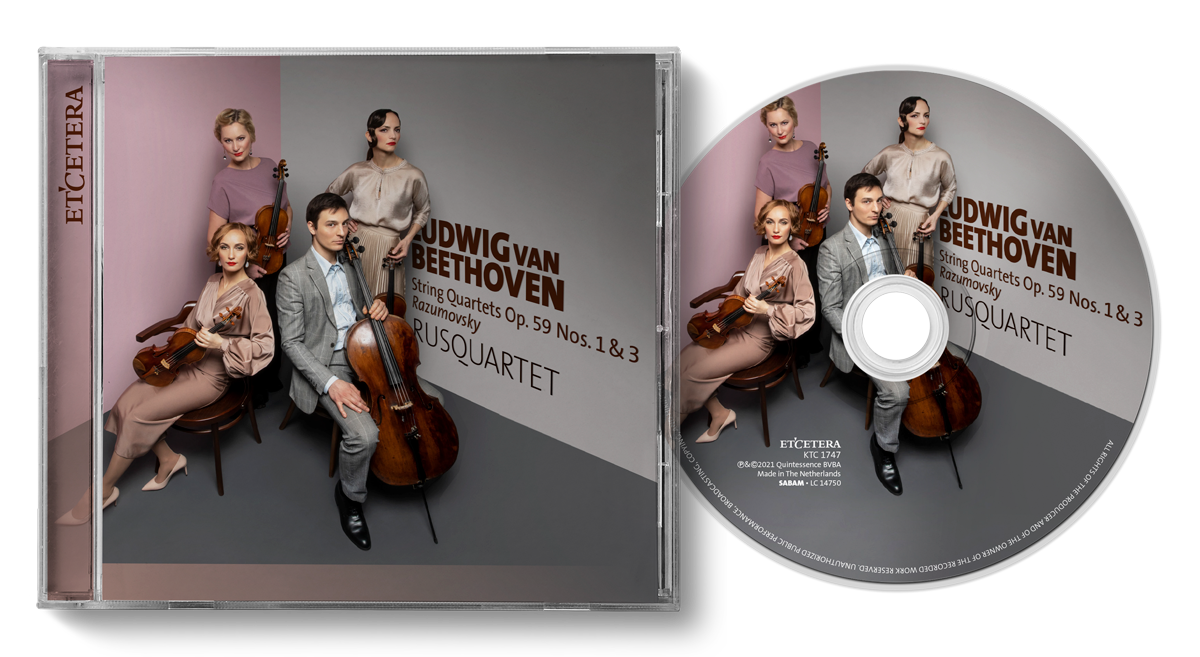


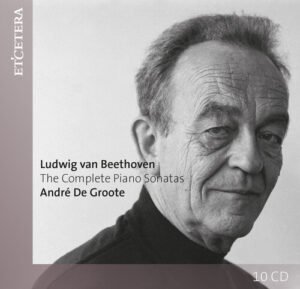

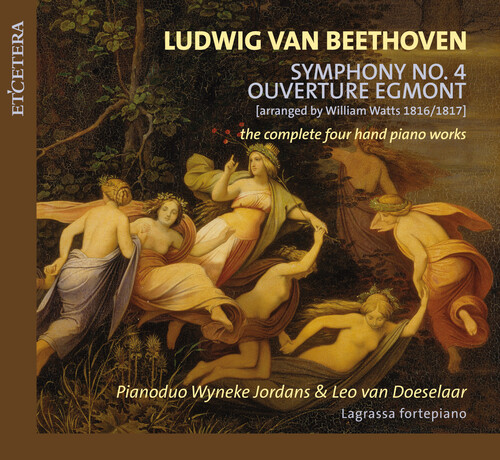
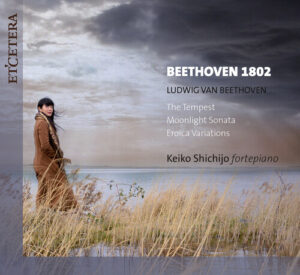
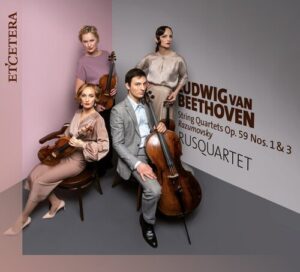
Reviews
There are no reviews yet.